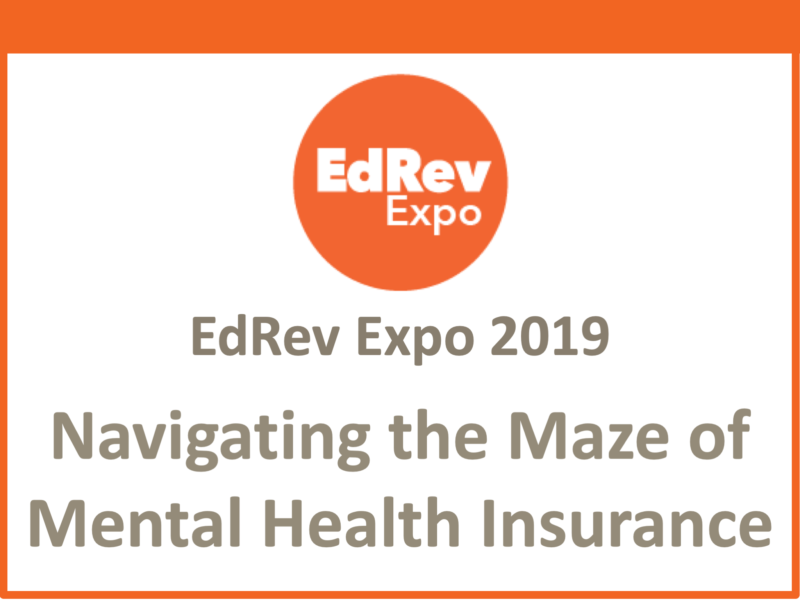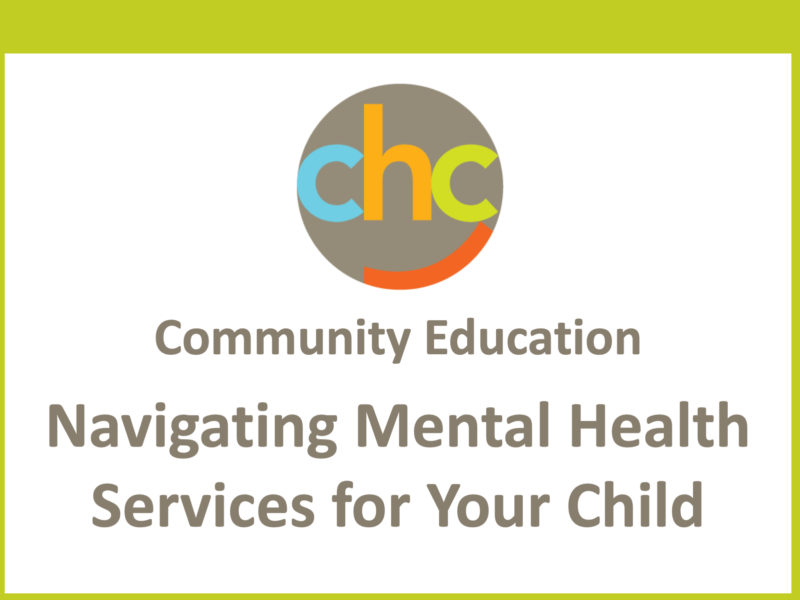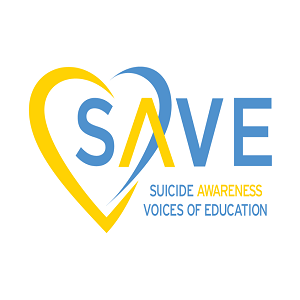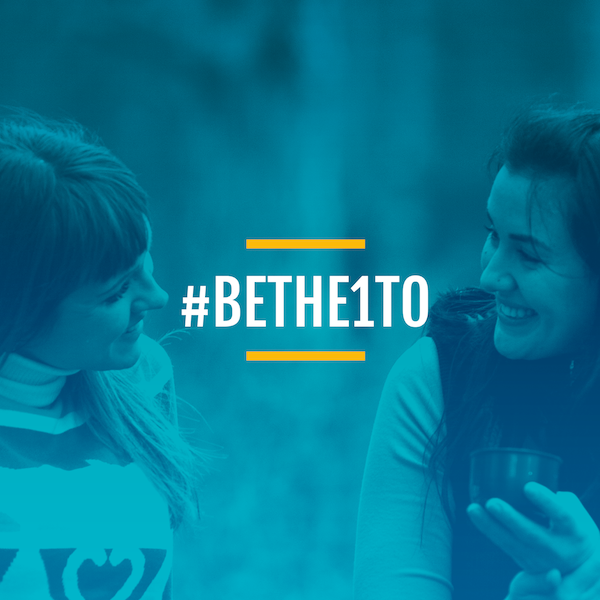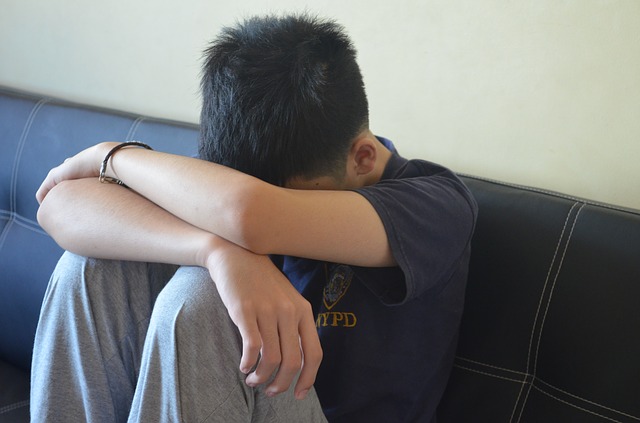Mental Health Facts: Children and Teens [downloadable]
Did you know that 1 in 5 teens between the ages of 13 and 18 have or will have a serious mental illness? Or that 50% of all lifetime cases of mental illness begin by age 14 and 75% by Read more >>
